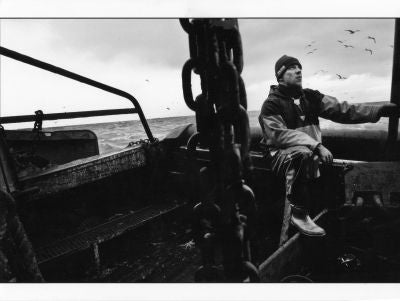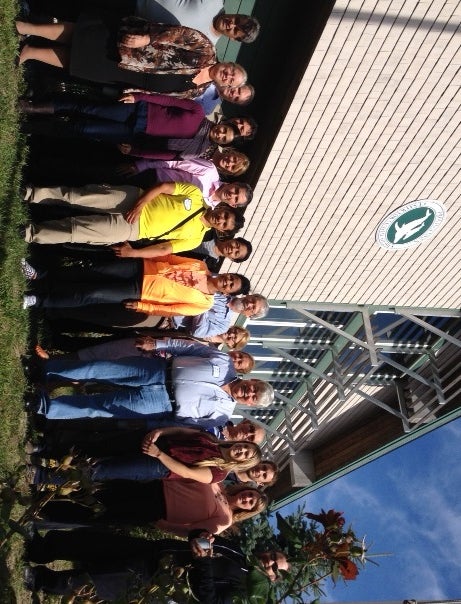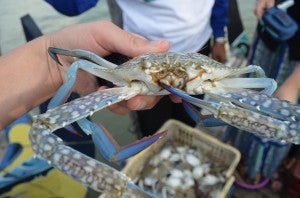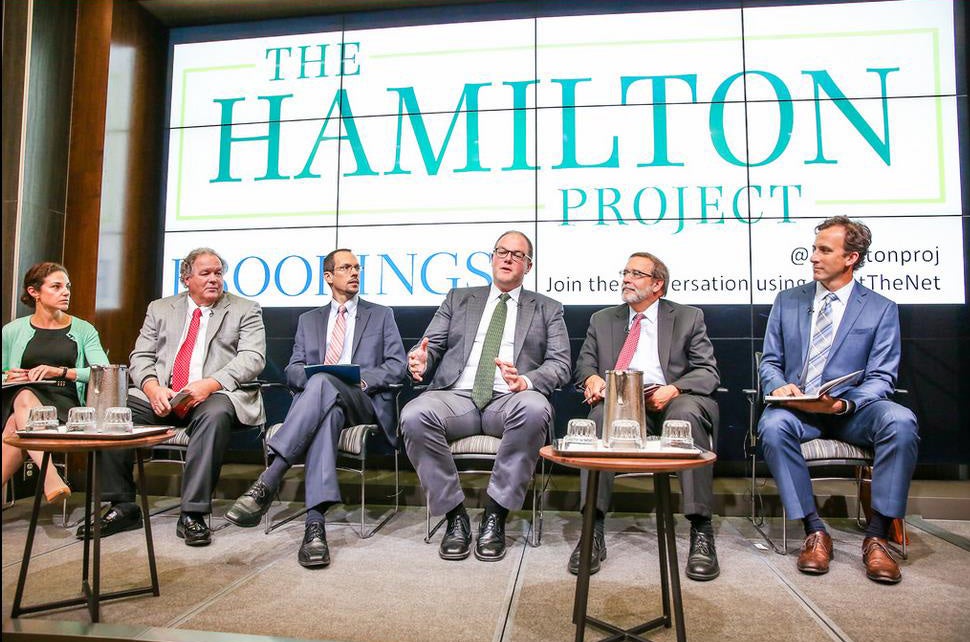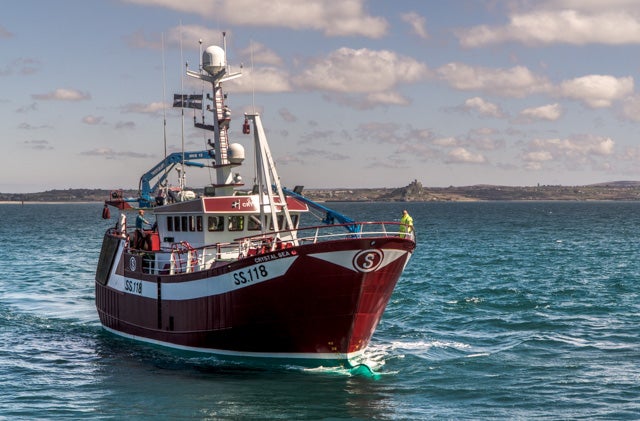
Photo: Laurence Hartwell
By: Dr. Erik Lindebo, Senior Consultant, EDF Oceans Europe
For coastal communities across Europe, fishing is both a way of life and a business. It’s an activity rich with tradition, spanning generations within families – but to be passed down from father to son, businesses need to be strong: fishing must stay profitable, and sustainable. Facing a changing policy landscape can challenge fishing businesses of all sizes, and the introduction of a ‘Landing Obligation’ (which requires fishermen to land and account for all of their catch rather than discarding unwanted fish) by the Common Fisheries Policy is certainly one of the biggest policy challenges the industry has had to adapt to.
Whilst many industry members are still reeling at the implications of landing 100% of catch – and worried about their bottom line in a ‘discard free’ future – a dedicated and growing core of active fishermen are seeking new solutions to implementing the Landing Obligation (LO). Their vision is of fishing businesses that waste little, deliver profits and remain sustainable in the long-term. But how can this be achieved? Read More










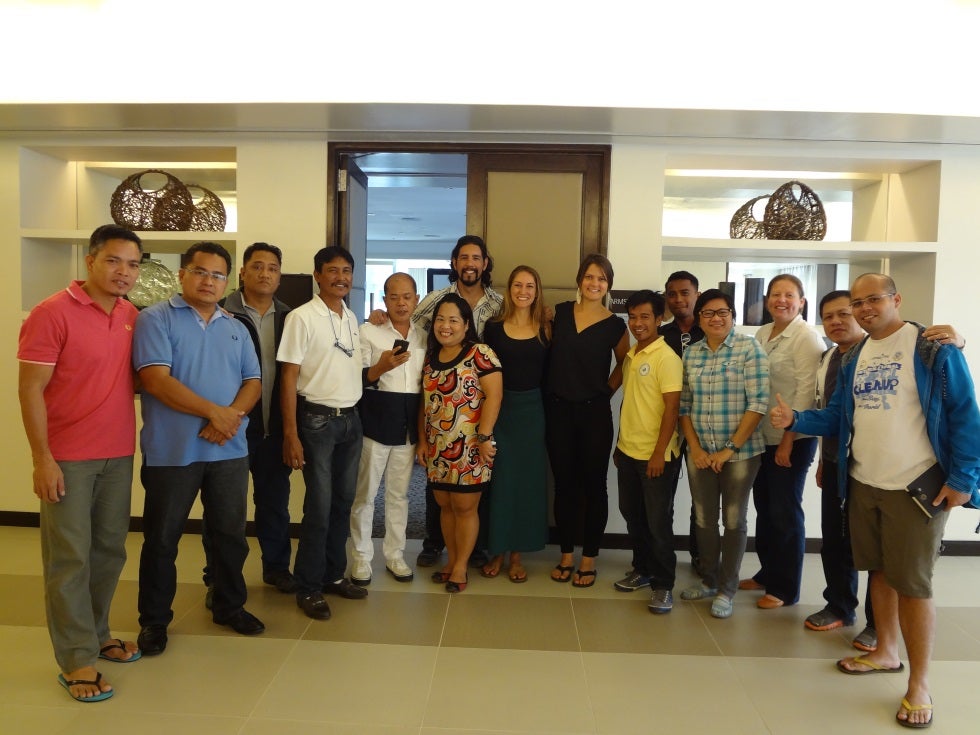 Small-scale coastal fisheries are central to the health of the ocean, livelihood, poverty alleviation and food security for millions around the world, but today many of them are severely threatened by chronic overfishing.
Small-scale coastal fisheries are central to the health of the ocean, livelihood, poverty alleviation and food security for millions around the world, but today many of them are severely threatened by chronic overfishing.